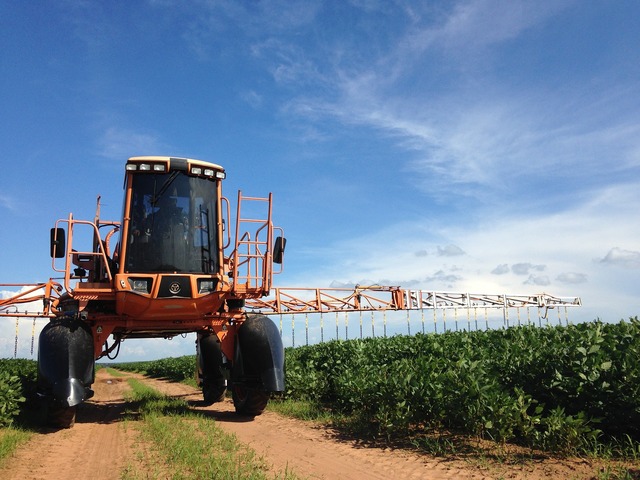As planting and spraying operations increase across Queensland this summer, all chemical users are reminded of their responsibility to minimise spray drift and protect surrounding areas.
Key tips for responsible spraying include checking weather conditions, using appropriate equipment, keeping detailed spray application records, and communicating with neighbours about nearby crops that may be at risk.
DPI and Cotton Australia are partnering to promote best practices, including reading chemical labels carefully to ensure products reach their intended targets.
They also encourage sprayers to connect with neighbours to identify susceptible crops and coordinate activities.
Michael Reid, General Manager of Plant Biosecurity and Product Integrity at the Department of Primary Industries (DPI) emphasised the importance of timing and monitoring conditions.
“The best time to spray is during light, steady breezes and moderate temperatures.
“Avoid spraying on windy days or during thermal inversions. If conditions aren’t suitable, postponing is often the safest choice,” Mr Reid said.
Michael Murray, General Manager of Cotton Australia, highlighted the importance of monitoring inversion conditions using the Weather and Networked Data (WAND) towers, particularly for growers in Southern and Central Queensland.
“Inversion conditions, which increase spray drift risks, are common during summer evenings and nights.
“We urge growers to check the WAND site at wand.com.au, which is accessible on mobile devices,” Mr. Murray said.
Factors such as weather, droplet size, boom height, travel speed, and application method all influence the likelihood of spray drift.
To comply with the Chemical Usage (Agricultural & Veterinary) Control Regulation 1988, users must also measure and record weather conditions at the application site.
For more information about using agricultural chemicals safely and effectively in Queensland, including record-keeping requirements, refer to the department’s website at business.qld.gov.au/industries/farms-fishing-forestry/agriculture/sustainable/chemical/spray-drift/minimise or contact the DPI on 13 25 23.






